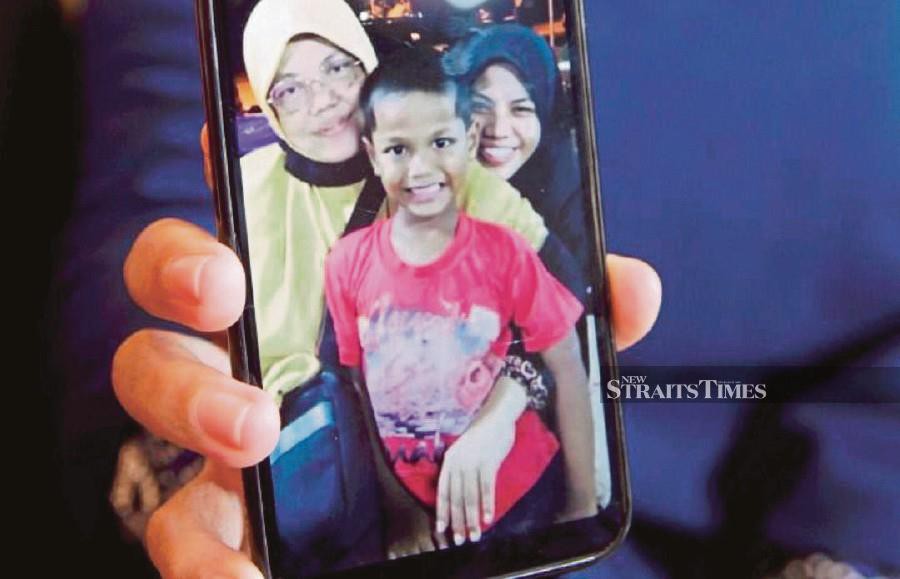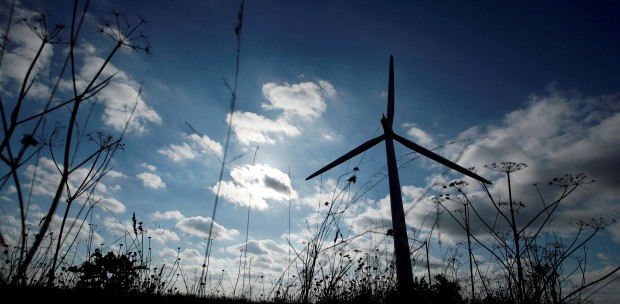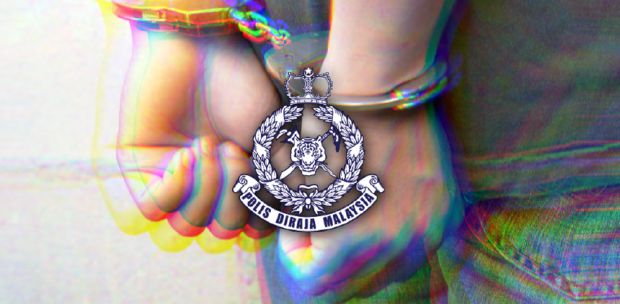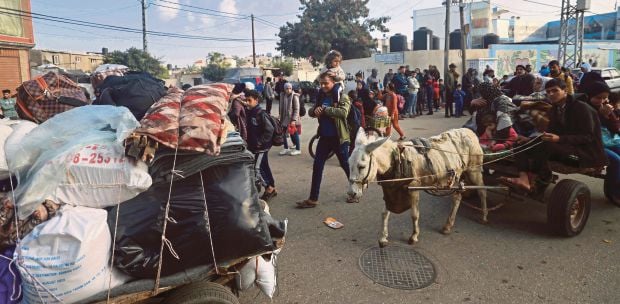SPARE a thought for little Zubaidi Amir Qusyairi Abd Malek, who was found drowned in a tub at his home in Melaka.
The 7-year-old returned to his biological mother three months ago after growing up with a foster family.
Authorities reported that he appeared to have been abused since living with his mother and stepfather; both of whom have been arrested.
The pain, fear, loneliness, cries and confusion of a child escaped our attention. I, for one, am haunted by the image of the once cheerful Zubaidi's last moments.
I remember the heart-wrenching George Orwell essay Such, Such Were the Joys about his own childhood: "A child which appears reasonably happy may actually be suffering horrors which it cannot or will not reveal. It lives in a sort of alien underwater world, which we can only penetrate by memory or divination. Our chief clue is the fact that we were once children ourselves…"
And, I am reminded that the external, public work for the grand principles of human rights and freedom mean very little if we are not each attentive, every day, to the plight, the trauma, the needs of those around us; in our families, in our homes, in our neighbourhoods, and in our communities.
Children are a source for one to recollect their innocence, their light, their eagerness to learn and discover new things.
Not a place to leave one's mark of rage, disappointment and sorrow. Abu Huraira reported that alAqra' bin Habis saw Allah's Messenger (peace be upon him) kissing Al-Hassan. He said: "I have 10 children, but I have never kissed any of them," whereupon Allah's Messenger (peace be upon him) said: "He who does not show mercy (towards his children), no mercy would be shown to him (Hadith Muslim)."
We can ratify as many human rights treaties if we wish, raise our voices at as many human rights sessions, but if the basic principles of compassion, empathy and respect towards fellow humankind are missing from our upbringing and daily actions, especially towards children and the vulnerable among us, then all the lofty ideas about human rights are of no benefit to society.
Ultimately, no government can make us kinder, nor prevent us from being kind. No political party can make us better people.
The quality of our lives is the collective harvest of the good individuals in our immediate sphere of daily encounters, and of our own good manifested to those we know and meet. A nation is the sum total of its individual citizens, and therefore, each of us determine the character of Malaysia, the nature of our society, the well-being of our people.
When we become overly concerned with who is at the top and what they are doing, we risk neglecting who is right beside us and what they are going through; and this negligence has far more impact than any government. Yes, there is a place for political debate.
There is a place for speeches, polls and dissent. Yet, I cannot help but feel that many of our "influencers", whether they are from the media, non-governmental organisations or political parties, may become so focused on amplifying the voice of their own opinion in the halls of power that they fail simply to listen to the vulnerable sitting next to them.
How many of our fellow citizens, for instance, are suffering through private "states of emergency" while we indulge in Constitutional debates about Article 150?
We are enduring a national crisis along with every other country in the world. But in the midst of this crisis, there are millions of personal struggles being waged every day and night by our fellow Malaysians — men, women, elderly and children.
It is time to reach out to those around us. No public policy can affect a life more profoundly than an act of personal kindness.
I wish that Zubaidi had been heard, had been seen, had been saved by such an act of compassion and humanity.
And I hope we learn from his tragedy that we can affect the destinies of one another through our kindness, and in so doing, shape the destiny of our nation.
The writer is founder, Centre for Human Rights Research and Advocacy (CENTHRA)





